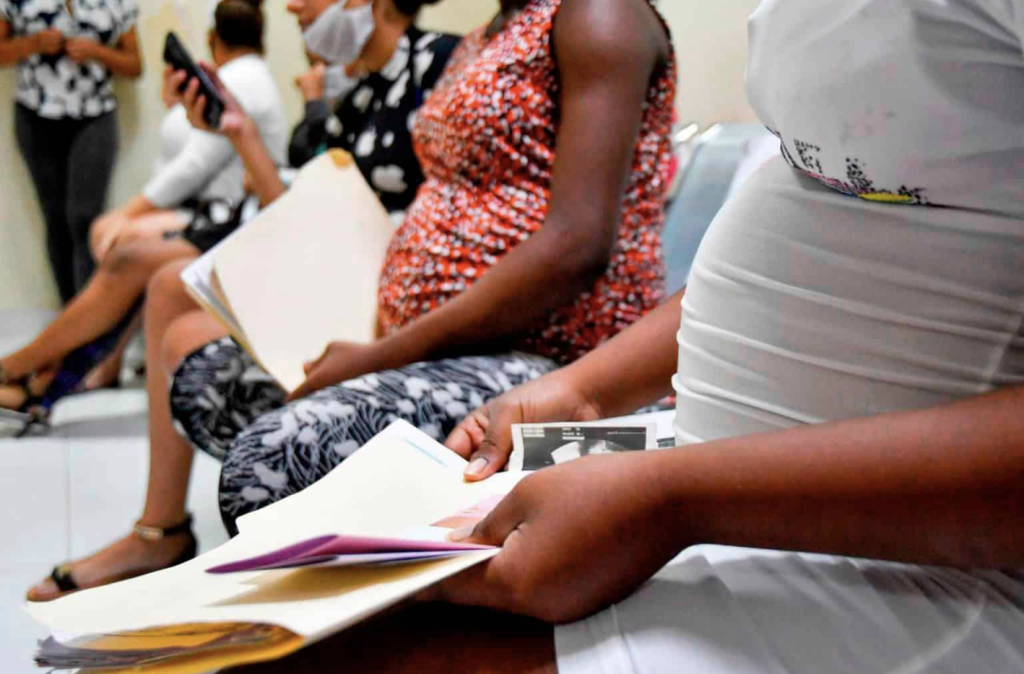
A reality-awakening trend has emerged in the Dominican Republic’s birth statistics: the province of La Altagracia, situated far from the Haitian border, has experienced a significant surge in births to Haitian mothers, Diario Libre reports.
The trend is a consequence of the thousands of Haitian workers who were hired when Dominicans rejected the working conditions offered by the builders of large resorts in the area. These mostly undocumented workers stayed, many regularizing their status, and are now a large part of the population in the eastern province best known for its resorts and tourism businesses. The Haitian residents have helped thousands of others to come and settle and these continue to arrive seeking the jobs available in the Punta Cana area.
Diario Libre presents data from the Health Services Information and Statistics Repository (Riess) revealing that between 2019 and August 2024, La Altagracia recorded 15,058 births to Haitian women, surpassing the number of Dominican births in the province by over 5,000. This places La Altagracia as the fourth province with the highest number of Haitian births, for many a surprise considering its distance from Haiti.
Traditionally, provinces bordering Haiti, such as Pedernales, Independencia, Elías Piña, Dajabón, and Montecristi, have had higher rates of Haitian births due to geographic proximity. However, La Altagracia, located on the country’s eastern coast, has defied this expectation.
The National District, Santo Domingo, and Santiago still lead nationwide in overall Haitian births, highlighting a concentration in major urban areas. While border provinces like Dajabón and Independencia have reported notable numbers, La Altagracia’s figures are particularly striking.
The influx of Haitian women seeking childbirth services in La Altagracia has placed a strain on local healthcare facilities. Many of these women arrive without prior medical examinations or prenatal care, increasing the risk of complications and demanding additional resources.
Victor Rodríguez, the provincial health director, expressed concern about the situation, noting that the high number of Haitian births limits the ability to provide adequate care to Dominican residents. While acknowledging the humanitarian imperative to provide medical assistance, Rodríguez emphasized the need for a comprehensive approach to address the underlying issues, including migration and undocumented status.
The situation is a consequence of authorities being lax in applying labor and migratory laws, bending to international pressures that defend the human rights of the destitute Haitians. The lack of security, social services and jobs in Haiti has increased the migratory pressure across the lightly patrolled 400 km border.
Read more in Spanish:
Diario Libre
18 September 2024

